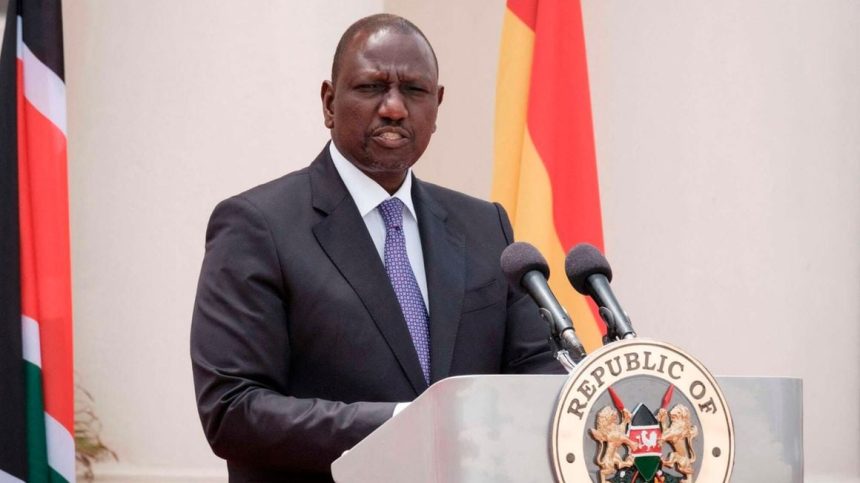The government has announced a new funding model for universities and technical and vocational education and training (Tvet) institutions that will be student-centered, predictable and that will encourage the institutions to seek other revenue streams.
The new framework will be applicable for the new cohort of students joining universities and Tvets and does not increase tuition fees.
Under the new model, universities and Tvets will no longer receive block funding in form of grants based on differentiated unit cost (DUC) currently in use. Instead, the government has resolved that university funding will be apportioned to individual students according to their level of need.
“Funding to students shall combine scholarships, loans and household contributions on graduated scale, scientifically determined by means testing instrument,” President William Ruto said in a televised address from State House Wednesday.
This is an instrument developed by the Higher Education Loans Board (Helb) that categorises students into three levels of need – vulnerable, less vulnerable and able.
Under the new framework, the State has increased funding for university education to Sh84.6 billon from Sh54 billion allocated in the current financial year as loans and grants. This translates to an allocation increase per student from Sh152,000 to Sh208,000.
The budgetary allocation for Tvets will increase from Sh5.2 billion to Sh10 billion in the 2023/24 financial year, translating to Sh67,000 per year per trainee.
Currently, funding to universities on the differentiated unit cost (DUC) model allocates funds to institutions based on the number of undergraduate students registered on the regular programme and the type of courses they undertake.




